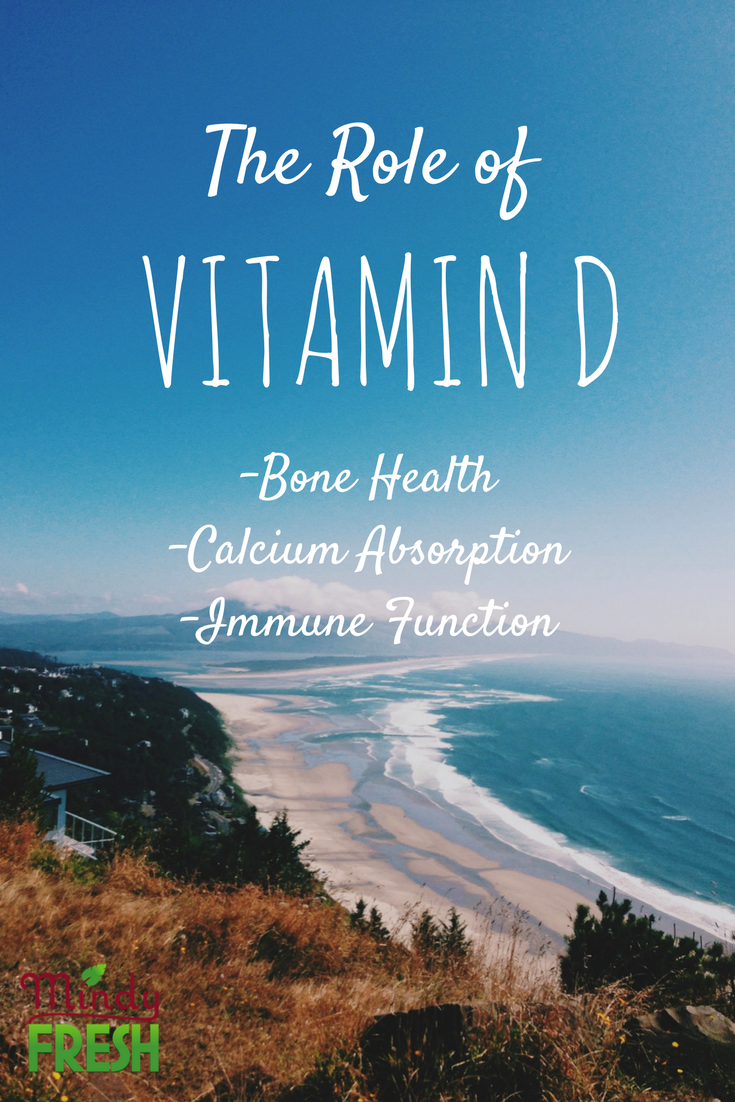Did you know vitamin D is actually a hormone? Hormones can alter genes and good things can happen to your body when they are properly activated. The role of vitamin D in the body is extremely important. Nearly half of us don’t get enough of this important hormone either.
Vitamin D is a fat soluble vitamin that activates thousands of genes in your body, whether they get turned up, down, on or off. The role of vitamin D is as a hormone needed to turn on the proper proteins to absorb calcium. Vitamin K helps it in preventing the softening of bones. With all this in mind, falls and fractures can be reduced with proper vitamin D levels.
Remember that you need all vitamins for your body to work. Vitamin D especially works with the other fat soluble vitamins A, E, and K.
Role Of Vitamin D In The Body
How is Vitamin D activated by the sun?
The UVB light from the sun hits the skin and a cholesterol starts the process of making vitamin D3. It converts to something called 25-hydroxyvitamin-D. When blood is drawn in a lab for vitamin D, they are testing the 25-hydroxyvitamin-D level. It may not be surprising, but most of us are deficient. Just 15 minutes in the summer sun without sunscreen and most of your skin exposed could help. I do understand there’s a balance between skin cancer risk and vitamin D.
How do vitamin D and calcium work together?
Calcium needs vitamin D in order to get absorbed. You need calcium for heart and nerve function and the body will use it there first in the case of a vitamin D deficiency (so you can still live, of course). Your bones will be punished and over time can lead to osteoporosis. Without the important role of vitamin D, only a small percentage of calcium will be absorbed for more “important” functions.
How does Vitamin D help our immune system?
Good immune function is absolutely vital to the body as a whole. Vitamin D has a role in turning on or off genes and can help reduce the likelihood of an autoimmune disorder to develop. It also can decrease inflammation. It may even help reduce cancer risk. There is positive research showing its importance with reducing Rheumatoid Arthritis and Multiple Sclerosis, for example.
How do we get more Vitamin D?
The sunlight is the short answer. Go outside without sunscreen for 15-30 minutes with uncovered arms and legs. If you live in the colder climates you may have to supplement to get enough. Note that I am not saying don’t wear sunscreen but it’s okay to go outside without it for a bit.
Personally, I take vitamin D in the winter in Wisconsin. Other sources of vitamin D come from fatty seafood, such as salmon, animal fats such as liver and egg yolks. Mushrooms have some as well. Fortified foods like milk and orange juices are okay sources. You would have to eat a ridiculous amount of these to get enough, so most of us rely on sun or supplementing in the winter months.
Who is at risk?
- People with malabsorption diseases such as Crohn’s
- People who don’t go in the sun or live in cold climate
- Breastfed infants – depends on mother’s diet
- Obesity – more fat cells store it instead of use it
- Older adults – can’t absorb it as well from the sun
Keep in mind:
- If you supplement, make sure it is D3 as this is the active form
- Eat fat soluble vitamins with a fat- if your salad has all the vitamins and no fat, you will not benefit
- Remember to eat all of your vitamins because they all work together to make these great things happen
- Animal or fish sources are important for A, D, E, and K so vegans will have a more difficult time
Resources:
Vitamin D: The “sunshine” vitamin
Fresh Idea: Vitamin D is important, so spend time in the sunshine.



Pingback:The Benefits of Magnesium: The Mineral to Help Calcium to Build Strong Bones